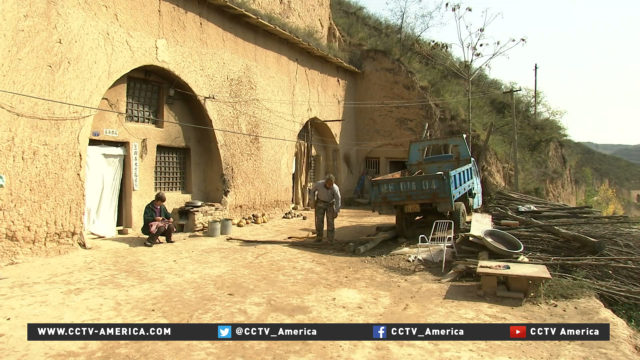Chinese Premier Li Keqiang has endorsed China’s aim to lift many more people out of poverty in 2016.
Political advisers have offered their insight and proposals on how this can be done, based on their own experiences and research.
CCTV’s Wu Guoxiu reports.

China’s poverty relief campaign is at its final — but most difficult — stage. The government promised more targeted measures with a priority for helping those in a seemingly perpetual state of poverty. But there are three aspects to be aware of.
“First, we need to find the targets correctly. Second, we must insure the relief funds are used on the right people, not unnecessary ones,” CPPCC member Fan Xiaojian said. “Third, we must make people understand that they’ve been lifted out of poverty.”
China aims to totally eliminate poverty by 2020. It’s estimated that as many as 70 million people, mostly in rural areas, currently live in poverty. According to a member from Guangxi Zhuang Autonomous Region:
- 42 percent are poor because of illness,
- 33 percent of that group are the breadwinner of their family and get ill because they are poor,
- 12 percent went bankrupt after having an accident.
He said medical relief should be a priority.
“We should discuss what typical regional illnesses are making people poor,” CPPCC member Peng Zhao said. “Take Guangxi for example, the thalassaemia. From 2010 to 2015, we started a prevention project, reducing the number of babies born with the illness by 36,000, saving some 36,000 families from possible poverty.”
Many members have offered specific proposals based on research.
“I think giving them a job is more important than giving them money,” CPPCC member Chen Shaojun said. “Local governments should collect information on occupations and share them with the poor people in rural areas. They can train them to be much-needed hospital workers and babysitters, and even create new jobs for them.”
Some even go further, and see the poverty relief campaign as a chance to improve the environment.
“Many rural residents’ home are shabby and not warm in north China. We can subsidize them to renovate their houses so that they can save coal burning. Beijing’s performance has proved that could save 60 percent of energy,” CPPCC member Wang Fuqiang said.
Loans and insurance introduced to assist rural farmers in need
Many people living in rural and poor areas in China find it difficult to get loans and insurance.
But the introduction of financial support is helping more farmers shake off poverty and find new hope.
CCTV’s Ning Hong reports.

57-year-old Song Guoming is the breadwinner of his family. With his wife sick and children still at school, his family struggles in poverty. But last year, he tried to find a solution: he took a loan of 50,000 yuan from a local bank, a thing he thought he’ll never do. He invested the money in a local farm and bought over a hundred goats.
Fuping County has long been struggling to get rid of poverty. But since the beginning of 2015, local villagers have been able to borrow a maximum of 50,000 yuan from local banks without any mortgage and a three-year grace period of repayment.
Insurance companies reassure local farmers to cover their losses caused by natural disasters, famine, or market price drop.
The investment in Fuping has helped to increase the scale of its agriculture industry. So far, the local government said the number of livestock had increased by 140,000 by 2015 since 2012.
The insurance will cover more sectors of local agricultural industries in the future. And it will be expanded to other regions in the province to help nearly 5 million people escape poverty.
Political commentator Einar Tangen on China’s Two-Sessions
CCTV America’s Mike Walter interviewed Einar Tangen, a political commentator about the “Two-Sessions.”

 CGTN America
CGTN America
